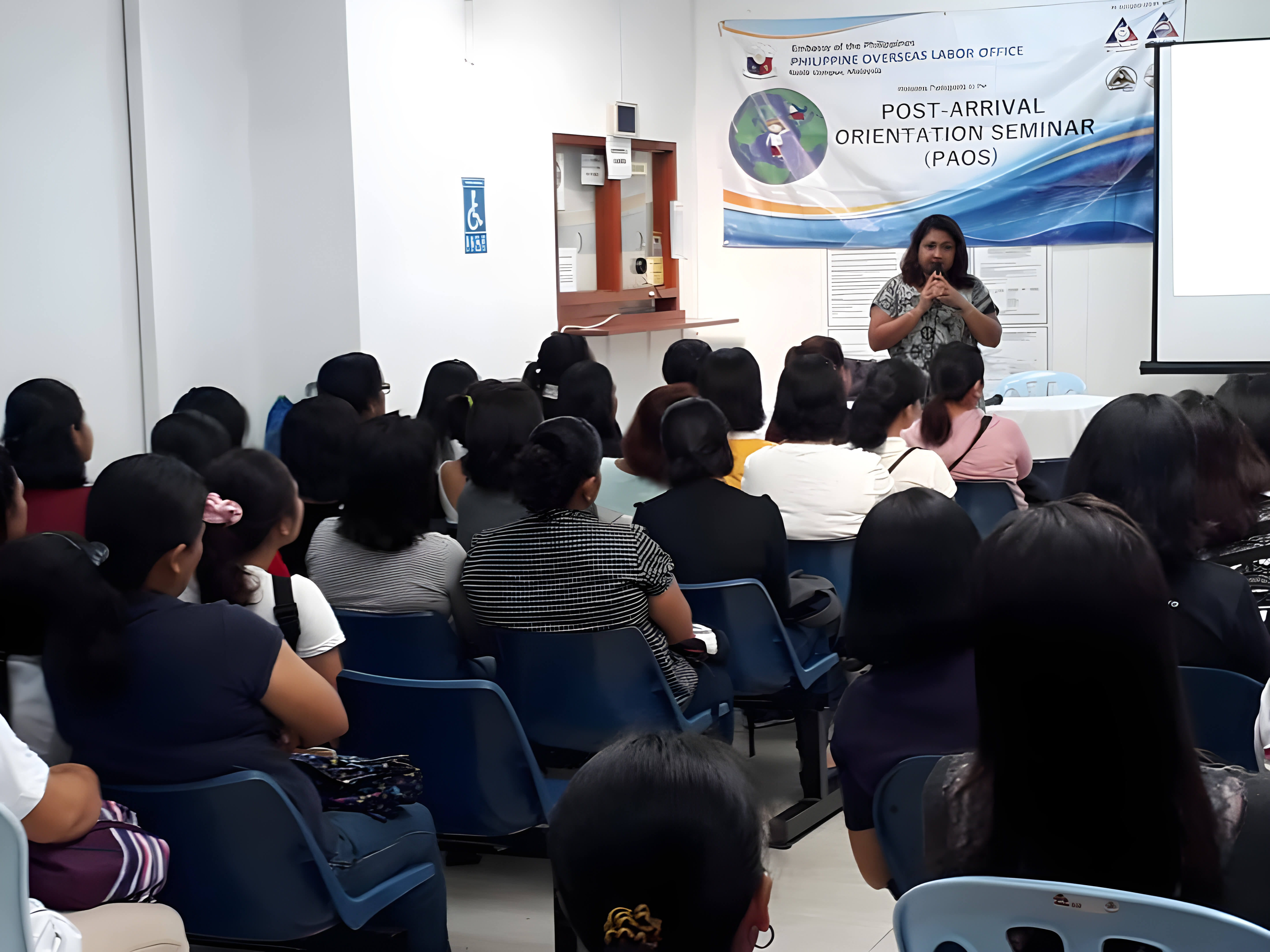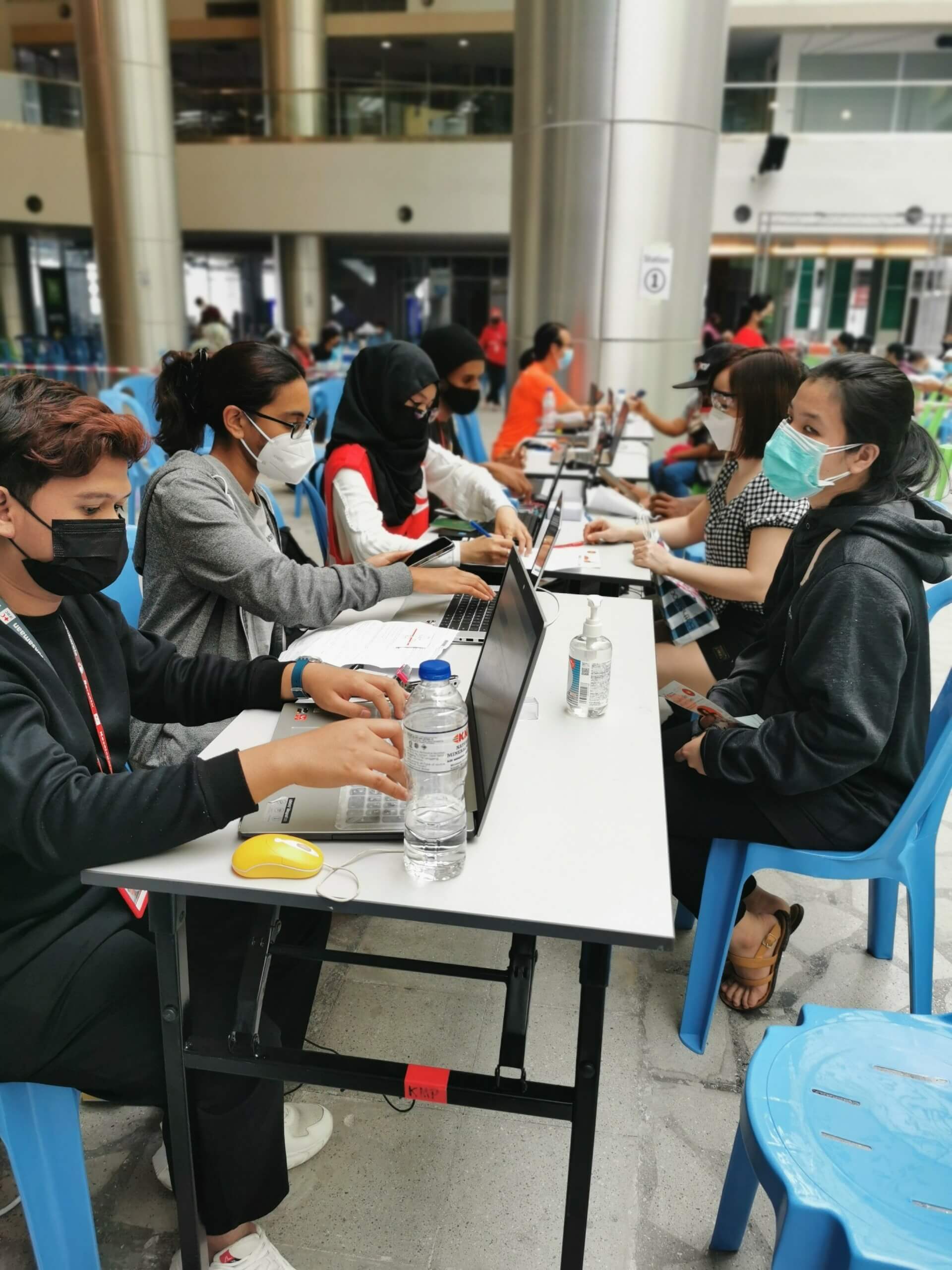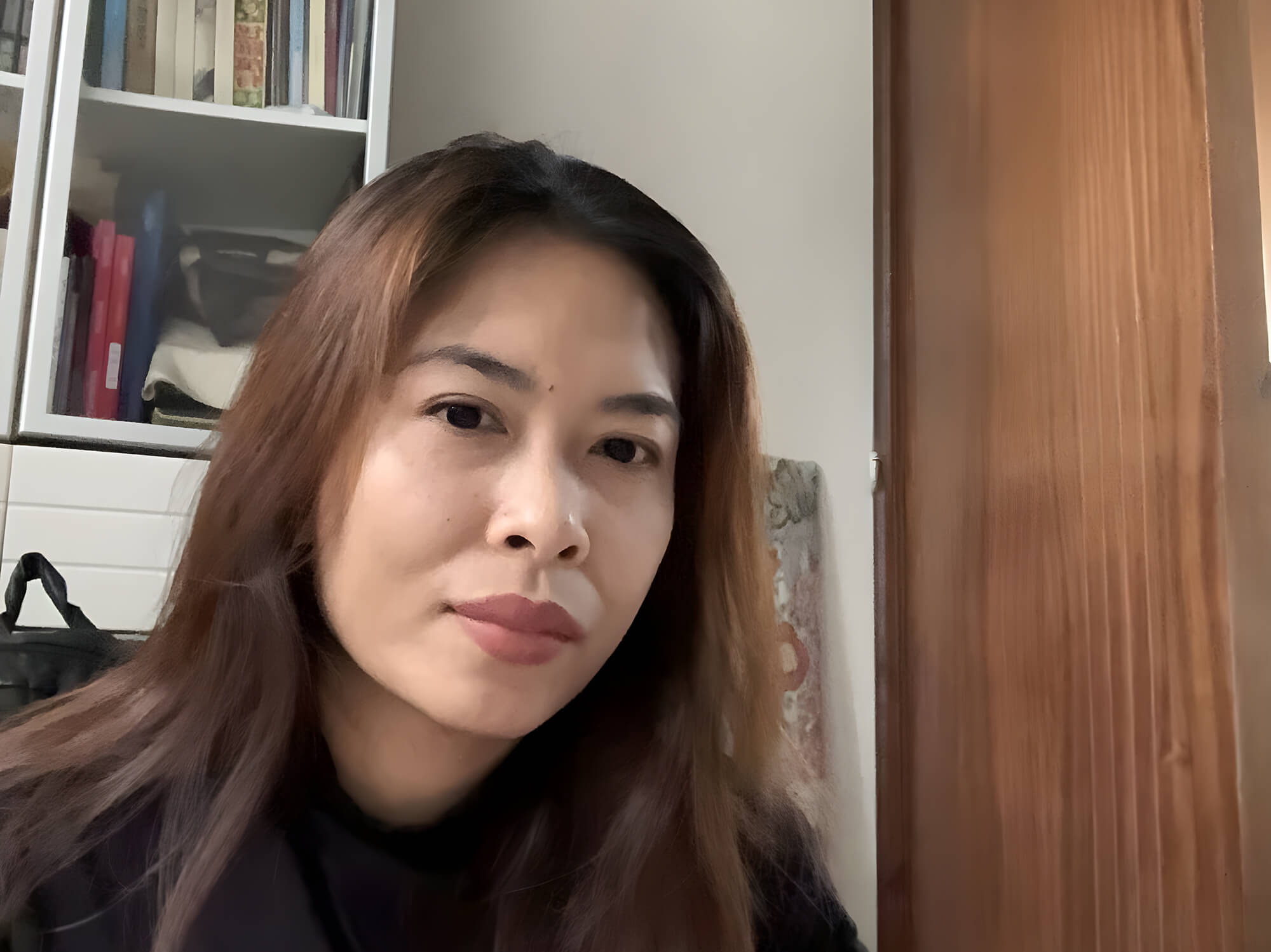




Forty-nine-year-old Sumitha Shaanthinni Kishna always knew she wanted to become a lawyer. With a natural flair for expressing her thoughts, growing up, she was never afraid to assert her critical thinking.
Sumitha pursued a law degree in the UK before returning home to Malacca, Malaysia where she obtained her bar certification. However, her initial experience as a banking lawyer left her disheartened and disconnected from the law’s true purpose—helping people.
“It was very depressing type of work. You make someone bankrupt; you take someone’s house away. I thought that this was not what I wanted to do,” shared Sumitha.
Her bank lawyering career lasted all of two years. Determined to make a difference, Sumitha joined the Bar Council Secretariat in Malaysia in September 2007. Shortly after, she shifted her focus to migrant and refugee issues.
“I didn’t know anything about migration. Zero-knowledge. I used to think that foreign nationals shouldn’t be in Malaysia and that they were here to take our jobs. But, after I learned and gained knowledge about migration; about migrants and their families; the struggle they were going through; and their contribution to their society and ours, my perception changed,” Sumitha conveyed.
After a decade of working with the Bar Council, Sumitha felt compelled to create a more significant impact and established her organisation, Our Journey, in 2018.


“I have learned that very few lawyers were doing migration law because there is no money. The migrants are poor. You have to do it pro bono. I had always struggled to get lawyers to do the cases. Finally, I said this is nonsense! I am a lawyer; why don’t I just get out and do the cases myself? That is when I left the Bar Council Secretariat in January 2018, reclaimed my practising certificate, and embarked on this path of helping migrants.”
With limited initial funding, she used her savings to set up an office and handle various migrant cases. Gradually, donors recognised her efforts, enabling her to expand the reach of Our Journey and provide crucial support to migrants and refugees. “I have a very strong principle: no fees charged for the migrants. My work is entirely funded by donors. I apply for grants to carry out my work, but I never take a single cent from migrants.”
“We also provided humanitarian aid for migrants during the pandemic until early this year. We had a food program to help migrants who have lost their jobs, who couldn’t pay their rent, children’s vaccination, and more,” she added.
As part of her ongoing commitment to migrants, in 2019, Sumitha introduced the Just Good Work app, a revolutionary tool aimed at addressing migrants’ needs. “Just Good Work came through Ethical Trading Initiative, an NGO based in the UK that wanted to highlight a technology app,” she said.
The app was developed based on an initial interview with migrants working in the rubber industry. Just Good Work app offers features such as general inquiries about wages, working hours, accommodations, and a complaint system for reporting labour violations. The app, which is available in nine languages, also includes audio options to cater to illiterate migrants, ensuring that information reaches all those in need.
“There is also a hotline in the app where users can send us an SMS or a voice message. Not only can they use the app, but they can also use our numbers and send us the inquiry. We allow that also because some migrants do not know how to type,” she explained.
Sumitha’s work focuses on providing legal assistance and finding amicable solutions for migrants and employers. By emphasising dialogue and negotiation, she aims to address the underlying causes of work conflicts.
“My primary beneficiaries are undocumented migrant workers. Undocumented migrant workers’ cases are not entertained unless it is a trafficking case,“ she revealed.
“This comes down to civil society like myself. Most of the time, the migrant workers would ask us to negotiate on their behalf rather than filing cases. Even though the worker has suffered some violence with the law, the employer has also violated the law by hiring an undocumented person. You can use that against the employer,” Sumitha assessed.
As the chair of the Migrant Forum in Asia, one of the largest networks of civil society, trade unions and individuals working on migrant issues in Asia and the Middle East, Sumitha has a strong message for sending and destination countries. She calls for unity among sending countries to advocate for better treatment of their citizens in destination countries while emphasising the responsibility of destination countries to respect and protect migrants within their borders, regardless of their documentation status.
“Sending countries should unite in their voice. Give a strong message to the country of destination in the region that you must treat our citizens much better than you are treating them now. Meanwhile, the country of destination needs to respect the migrants coming into their countries.
“Once migrant workers enter our border, we are responsible for their welfare. We cannot say just because they are foreigners, it is not our problem. If we allow them into our borders, then it is our responsibility, even if they are undocumented.”
Looking ahead, Sumitha hopes to see an increased role for the ASEAN Secretariat in addressing labour and migration issues. She believes that greater involvement and guidance from the Secretariat could lead to more informed decision-making and better outcomes for all stakeholders involved.
The views and opinions expressed in the text belong solely to the interviewee and do not reflect the official policy or position of ASEAN.








